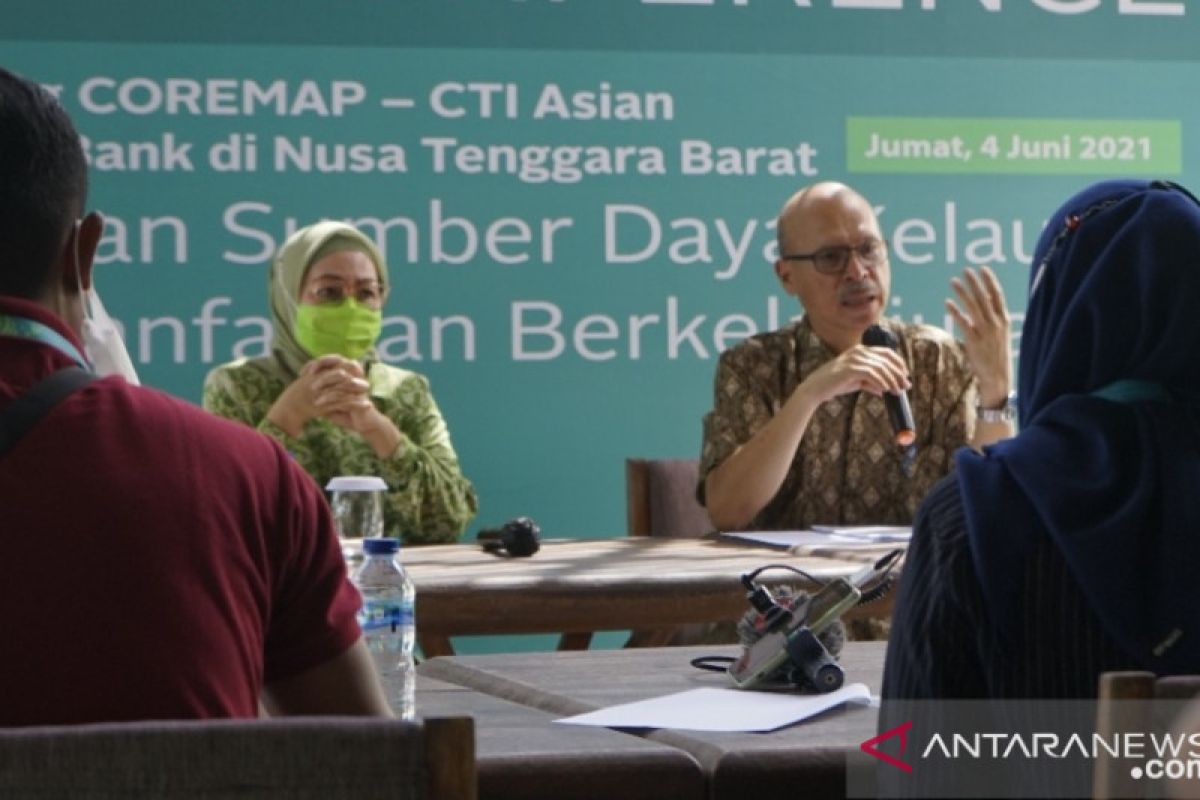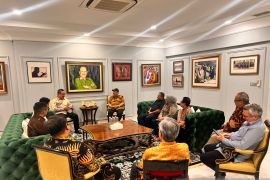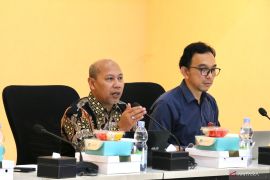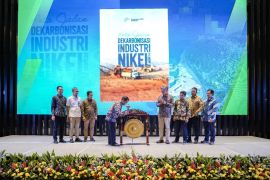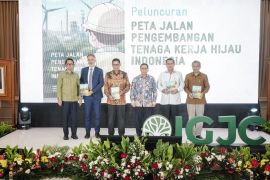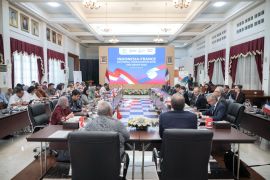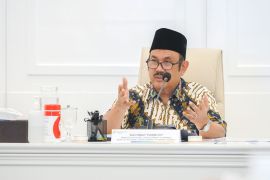The program has been implemented by the Indonesia Climate Change Trust Fund (ICCTF) and its partners, from 2019 to May 2022 in Raja Ampat in West Papua Province and Savu Sea in East Nusa Tenggara (NTT) Province, both of which are part of the world's Coral Triangle area.
“We want good examples of priority coastal ecosystem management that have been achieved in COREMAP-CTI to continue even after the program has ended. This can only happen if there is a serious commitment from local stakeholders," Deputy for Maritime Affairs and Natural Resources Arifin Rudyanto at the Ministry of National Development Planning (Bappenas) noted in a statement here on Wednesday.
The program could continue if it is strengthened through commitment, support, and collaboration of the central and local governments, the private sector, civil society organizations, academics, and local community, he affirmed.
With a grant from the World Bank's Global Environment Facility (GEF) funds worth US$6.2 million, the program has had an impact on the rehabilitation of the local environment and strengthened community empowerment from an economic perspective and improved their environmental awareness.
ICCTF Executive Director Tonny Wagey lauded the partners, who had implemented the COREMAP-CTI program.
The partners include the Association for Community Empowerment and Nature Conservation Education (Yapeka), Reef Check Indonesia Foundation, Indonesian Environmental Information Center (PILI), Center for the Study of Coastal and Ocean Resources-Bogor Agricultural Institute (PKSPL IPB), and the Indonesian Coral Reef Foundation (Terangi).
He observed that the program had contributed to changing the behavior of people, from earlier conducting blast fishing to catch fish to currently becoming defenders of marine safety as shown by the residents of Mutus, Raja Ampat.
In Nusa Manuk, NTT, the program helped provide solar electricity that allows local people to avail electricity services after over two decades of living without electricity.
"It is impossible to speak about the sustainability of our coastal and marine ecosystems if the local community is not prosperous," he remarked.
Bappenas, through the ICCTF work unit, which as the only national trust fund for climate change in Indonesia, is the executor of the COREMAP-CTI activities.
Related news: No trade-off between economic recovery, environmental preservation
Related news: Ministry underlines need for banning illegal ornamental coral trade
Related news: Kepulauan Seribu district to transplant coral reef under PEN program
Translator: Fardah Assegaf
Editor: Sri Haryati
Copyright © ANTARA 2022
